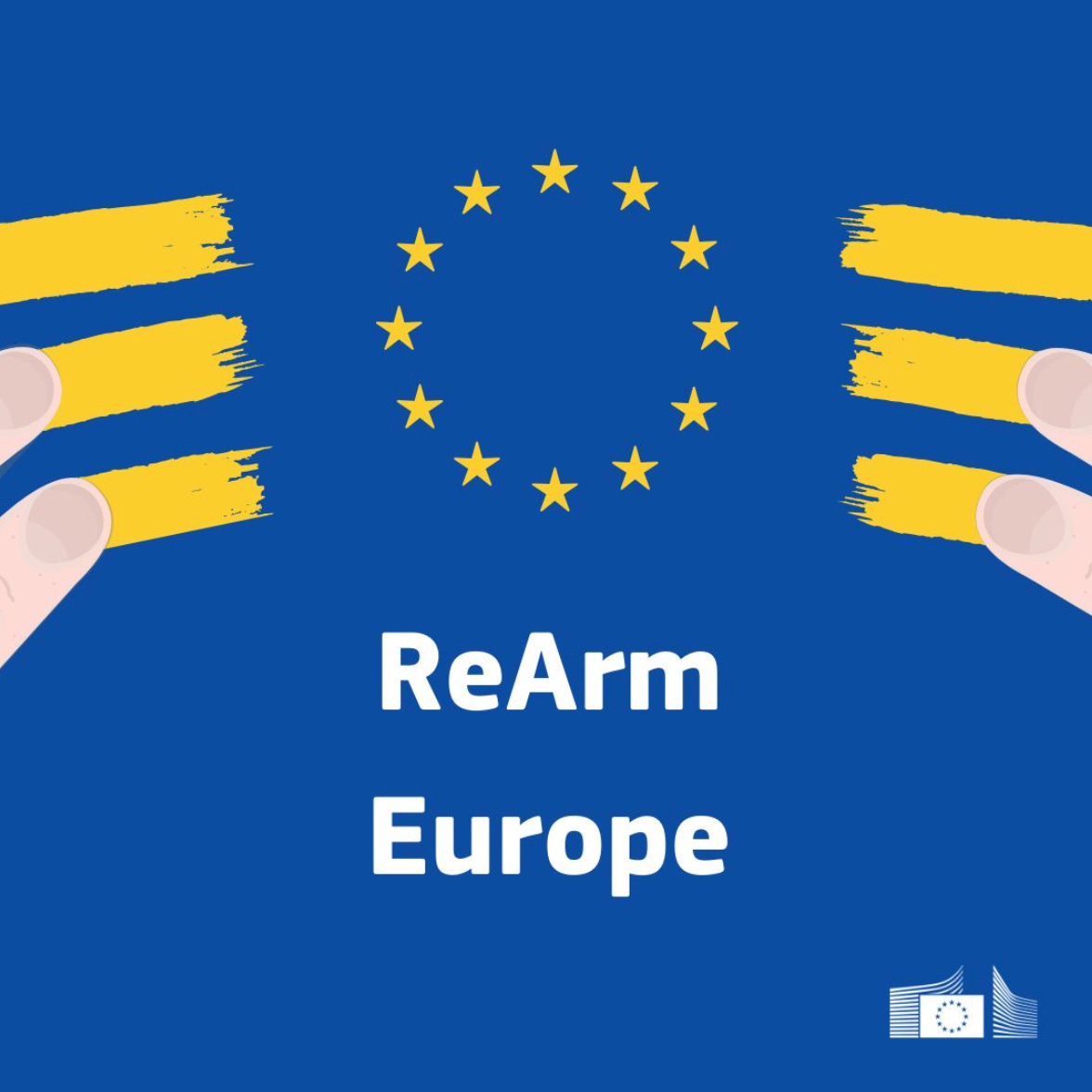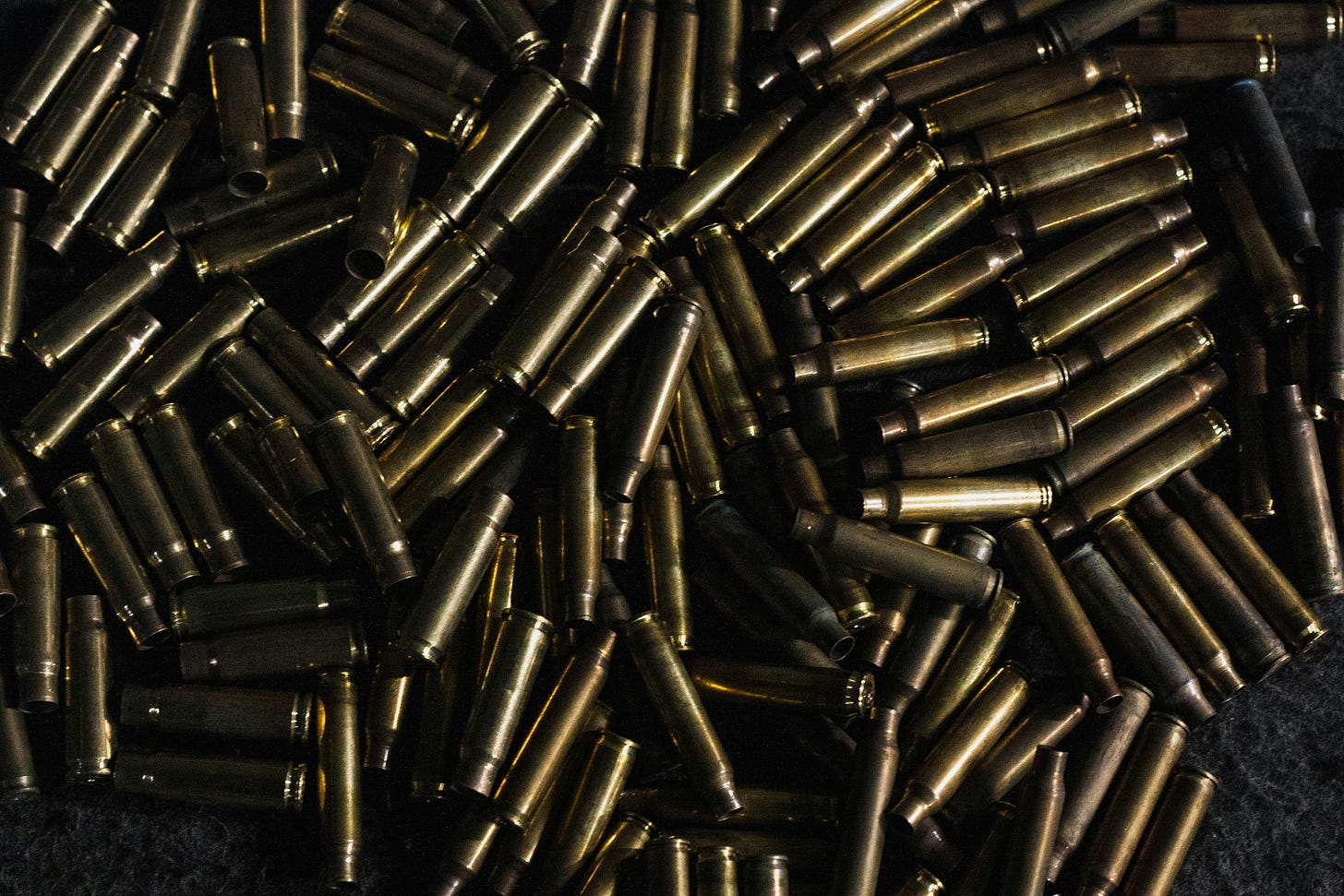On page 67 of The Posthumous Memoirs of Brás Cubas, the narrator describes his first experience with death—not as one understands it from watching the news or reading history books, but as a personal reckoning with the loss of a loved one, someone who has ceased to exist, at least physically. Such contemplation is hard to capture verbally, let alone in writing. I am not capable of it. Machado de Assis expresses it with exceptional poignancy, I think, on page 68:
”The problem of life and death had never weighed on my brain; never, until that day, had I gazed into the abyss of the inexplicable; I lacked that essential thing, that impulse, that vertigo…”
Europe is to rearm, they say on the news. It would be wise, perhaps, to spend 2–3% of combined GDP on defence to break the American yoke and pursue an independent foreign policy. That is not what’s happening. European states are quickly being transformed into war economies, with increasing proclamations from Brussels and European capitals that one should prepare for war to have peace.
Russia’s invasion of Ukraine is a crime, but to think that states act independently of the system they are in is to greatly misunderstand international politics. This was true of Austria and Germany in 1914 and remained the case for Russia in 2022.
After the end of the Soviet Union in 1991, there was an opportunity for dialogue to create a united European security framework. Instead, the United States adopted a winner-takes-all approach. What followed was the War on Terror, the expansion of NATO despite the collapse of its main rival, the invasions of Iraq and Afghanistan, the sidelining of the United Nations in international disputes, and a continued carte blanche for Israel to commit ethnic cleansing and now genocide in Palestine.
Meanwhile, the economic underpinnings of this rules-based international order began to unravel after 2008. For Europe, the crisis has meant over 15 years of austerity policies, which are impoverishing the continent’s working and middle classes while making those at the top incredibly wealthy. In such unequal societies, where there exists no genuine progressive economic alternative, right-wing parties who blame immigrants for the collapse of living standards are, naturally, on the rise.
Beyond the interests of states and markets, war is, ultimately, about human loss—deep personal loss. Four years ago, I went through an old photo album in an apartment that felt like a skeleton, stripped of all its anachronisms. The brown leather Chesterfield sofa set had been sold, and the natural-size glass German Shepherd thrown out—a friend who really liked it did not take Caesar home with him. I don’t recall which page I saw it on, and I do not remember the weather that day, but one picture in particular remains etched in my memory: My two half-brothers are standing in a river before an old watermill. The water looks almost turquoise, and several other children swim in it. Above them, on a narrow stone platform level with the watermill, stands a middle-aged man and three boys in their teens, framed by trees growing on the right river bank.
This is a special photograph because it is the only one in my father’s now scattered collection that is not an original. Dad used to be an avid Facebook user, to the detriment of the author, who often found himself acting 24/7 tech support. Sometime after posting the photo of his children in front of an old watermill somewhere in Yugoslavia, a woman asked if she could have the picture sent to her. The three teenagers atop the narrow stone platform were all her sons—and all were murdered by men who looked like them and spoke the same language. The inexplicable rears its head once more, and we are reminded that war is first and foremost not an adventure or investment opportunity. It is the violent breaking of bodies.
Yet, for those who stand to profit, war is an industry whose logic demands perpetual expansion. With the defence industry becoming Europe’s new way of generating shareholder value, there will be strong incentives to also manufacture the targets. Such policies are advantageous to Rheinmetall, whose share price has risen 123% this year, but not for the people of Europe. Without the political will to increase taxes on the wealthy, funds for rearmament will come from cutting welfare. As such, the far right will only grow more powerful, and figures who share Putin’s vision of the state may seize power. This is the real threat to European democracy.
// Adrian





